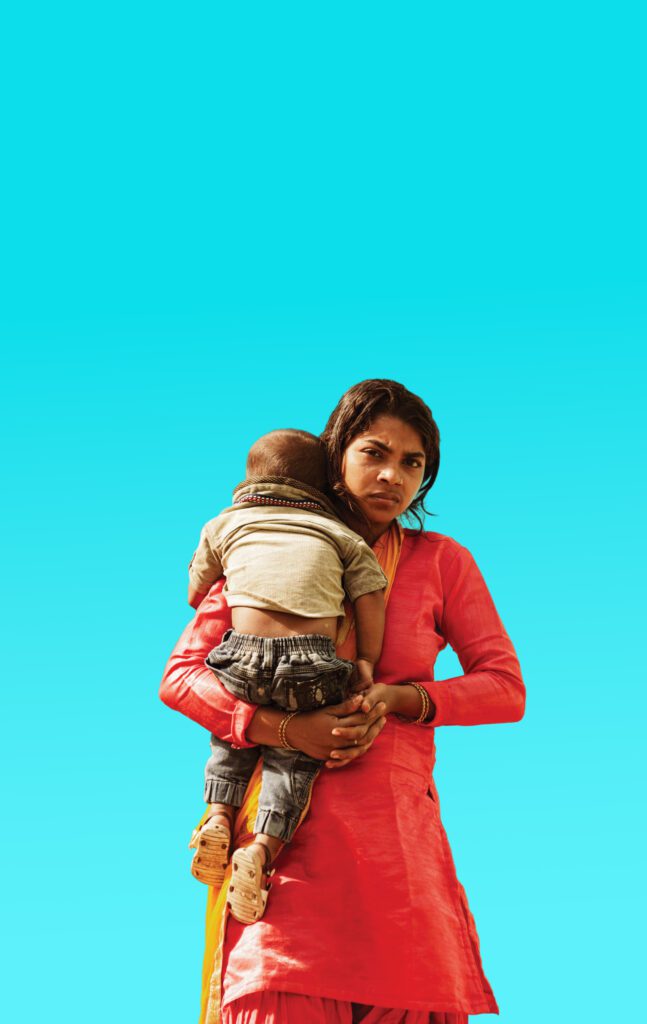
The American Health Care Act passed by the House last week would be devastating for children in this nation.
At its core, this legislation would make it harder and more expensive for low-income families to get the care they need. Our No Kid Hungry work focuses on ensuring that children get the food they need to grow up strong; the projected impact of the House action profoundly undermines this work. Feedings kids improves their health and educational potential, but cutting their access to treatment for ailments like asthma, ear infections, obesity, dental needs or diabetes is like putting gas in a car but denying access to the mechanics and garages necessary to keep it running.
We also know that millions of parents in this nation are struggling financially, forced to make unthinkable tradeoffs each month between medicine or rent, paying the electricity bill or buying enough groceries. Making it harder for these families to afford health care, either preventative or in case of serious illnesses, will put more families in jeopardy, making them sicker, hungrier, and less secure.
It doesn’t have to be this way. We will fight against policies that hurt children and support policies that give them a more level playing field, making sure they get the basic food, care and skills they desperately need. These are our values, and Congress must reject this legislation.
Worth reading: two opinion pieces with analysis of the impact of last week’s effort to end the Affordable Care Act’s Medicaid expansion. The first by our longtime friend and ally Dr. Irwin Redliner, CEO of the Children’s Health Fund focuses on the impact on children whose health care coverage is threatened by the House action.
The second by our board colleague Bob Greenstein asserts “I have been in Washington, D.C. for 45 years. But I have never seen members of Congress vote to so deeply hurt so many of their own constituents. If enacted, this bill will stand as the biggest assault on ordinary Americans — and the largest Robin-Hood-in-reverse transfer of income up the income scale, from low- and middle-income families to those at the top — in our country’s modern history.


